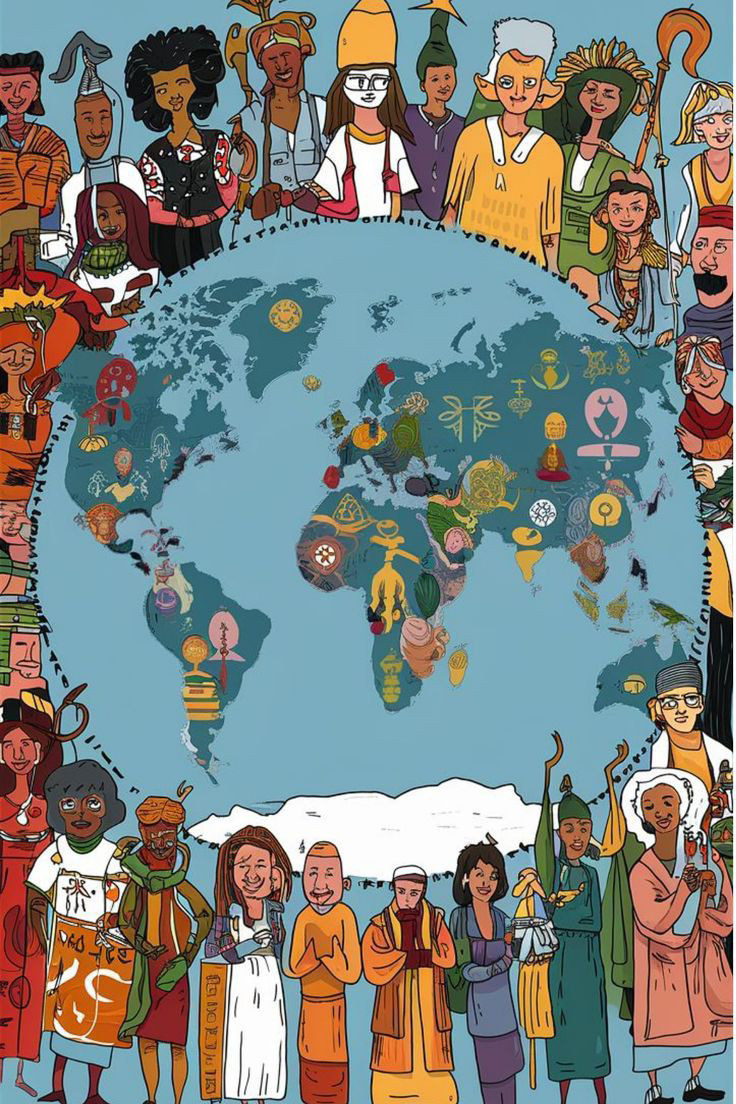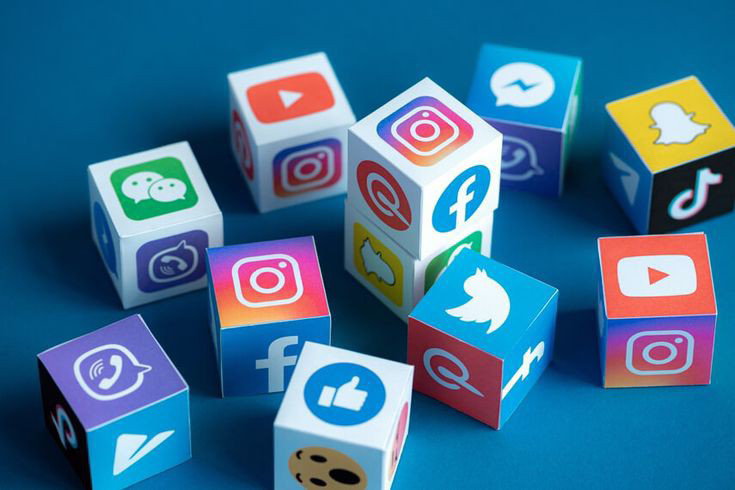Cultural Studies, Media, Power, and the Truly Educated Person
This blog is a response to a thinking activity assigned by Dr. Dilip Barad. This blog aims to check the critical aspects. The blog contains my personal point of views and opinions.
For more details, visit the teacher's blog by clicking here.
Introduction of Cultural Studies
Cultural studies is an interdisciplinary field that focuses on how culture shapes identities, power relations, and social structures. It began in the mid-20th century and combines ideas from sociology, anthropology, literary studies, and media studies. It deals with issues like popular culture, race, gender, class, and globalization, aiming to understand how meaning is created and how it affects people’s daily lives.
The field critically looks at how things like language, literature, media, and social behaviors support or challenge dominant ideas. This helps us see how culture connects to politics, economics, and social norms, while also revealing hidden systems of inequality and control.
Cultural studies emerged as a reaction against two main schools of thought at the time: liberal humanism, which emphasized individual human values, and orthodox Marxism, which focused mainly on class struggles. The shift from studying just literature to studying culture as a whole was sparked by thinkers like Matthew Arnold, who wrote "Culture and Anarchy", discussing how culture shapes society. Later, pioneers like Richard Hoggart and Raymond Williams in 1950s Britain expanded these ideas. They helped establish the Birmingham Centre for Contemporary Cultural Studies, which played a big role in challenging the traditional focus on elite culture, which was valued as "Art for Life's Sake" by figures like Arnold. Instead, cultural studies began to look at everyday culture and how it shapes the experiences of ordinary people.
Media and Power :
Cultural studies is closely linked to the idea of power, and today, power relies heavily on media to shape perceptions. All forms of media—print, digital, TV, radio, and social media—are used to influence public opinion. Media critique in cultural studies allows us to rethink how power operates through these platforms and how it shapes our understanding.
Media outlets influence public opinion by deciding what gets covered, often shaped by political pressure, funding, or ownership. Governments use media for surveillance and propaganda, sometimes suppressing the public. However, citizen journalism and social media have given people the power to challenge traditional media and authority, as seen in movements like #MeToo and Black Lives Matter.
A strong example is how activists like Greta Thunberg have used media to raise awareness on climate change, challenging global power systems and pushing for accountability. Media, in all its forms, is a powerful tool that can both reinforce and challenge power structures.
The Role of Media Studies in the Modern Digital Era
Cultural Studies seeks to dismantle the barriers between elite and popular culture, while also blurring the lines between various fields such as literature, sociology, media studies, and anthropology. This approach encourages the examination of a wide range of cultural phenomena, from mainstream music and everyday activities to classical art and media portrayals. However, this extensive scope can sometimes overwhelm both teachers and students who are trying to connect cultural artifacts, like a popular song or a TV show, to broader social and ideological discussions. In this context, the term "discourse" refers to how cultural elements—like films, novels, or social customs—interact with power, ideology, and accepted societal norms.
Noam Chomsky emphasizes the importance of self-education and personal growth in achieving genuine human fulfillment. He points out that discovery, whether cultural, intellectual, or creative, requires self-reflection and effective use of resources. This means developing the ability to ask thoughtful questions, explore new ideas, and create inquiries that reflect one’s own curiosity and insights.
For instance, students might look into how social media platforms like Twitter and Instagram shape public opinion and influence political movements, such as the Arab Spring or the #BlackLivesMatter movement. These platforms allow individuals to express their views and challenge mainstream narratives, promoting a more diverse discourse.
It's crucial to foster independent thinking, the capacity to question accepted norms, and the willingness to learn from different perspectives. True education isn't just about knowing what to learn but also involves understanding where to find knowledge, how to critically assess it, and how to question underlying assumptions.
A truly educated individual learns to connect ideas across different fields and challenge conclusions drawn from one discipline by applying insights from another. For instance, a student studying environmental science might look at how literature portrays climate change, using literary analysis to deepen their understanding of scientific issues. Self-directed learning empowers individuals to take charge of their education and intellectual growth, ultimately leading to a more informed and engaged society.
Cultural Practices:
Identity is shaped by the roles people play in society, and this has a huge impact on how we see ourselves. Instead of being something set in stone, our identity is built through our experiences, with representation being a key part of that. How we identify is influenced by our place in social relationships and conversations around us. Cultural Studies is all about figuring out who has power in society and who decides how much freedom individuals really have. Those in power—like governments, corporations, or societal norms—set the limits on what we can do and say.
We often see elite groups and political powers making rules that control our human rights and thoughts. For example, laws about freedom of speech can really restrict how we express ourselves. While we might think we’re free, it’s super important to ask whether we actually are. Noam Chomsky points out that there are two main groups in society: the political elite, who spread propaganda, and the rest of us, who often just accept what we hear without questioning it. This can lead to a lot of misinformation and confusion.
Media plays a huge role in shaping what people think and how they react to different issues. For example, during the COVID-19 pandemic, the media's coverage really affected how people viewed the virus and responded to health guidelines. On the flip side, positive representations of marginalized groups can help empower those communities. Take the film 'Black Panther', for instance; it not only challenged negative stereotypes but also celebrated Black culture. Similarly, the Netflix series 'Sex Education' helped normalize diverse sexual orientations. But we also have to recognize that media can twist narratives to benefit those in power, often drowning out the voices of marginalized groups.
In the end, it’s super important for us to think critically about the media we consume and understand the power dynamics at play that shape our identities. This way, we can develop a better understanding of ourselves and our place in society.
Critical Media Consumption:
Looking at my media consumption habits, I realize how much media shapes my worldview and daily choices. News outlets, social media, and entertainment influence my views on politics, culture, and social justice. For instance, portrayals of certain communities can either reinforce stereotypes or promote empathy.
Taking a critical approach to media is essential for becoming a well-rounded person. By questioning sources, spotting biases, and considering different perspectives, I can better understand media narratives. Following credible voices like Dhruv Rathee, who highlight social issues and provide balanced analysis, helps shape my understanding too.
Ultimately, being thoughtful about the media I engage with enables me to make informed decisions, stay open-minded, and grasp the complexities of the world. This process enhances my knowledge and empowers me to participate more actively in important conversations.
Words: 1347




Comments
Post a Comment